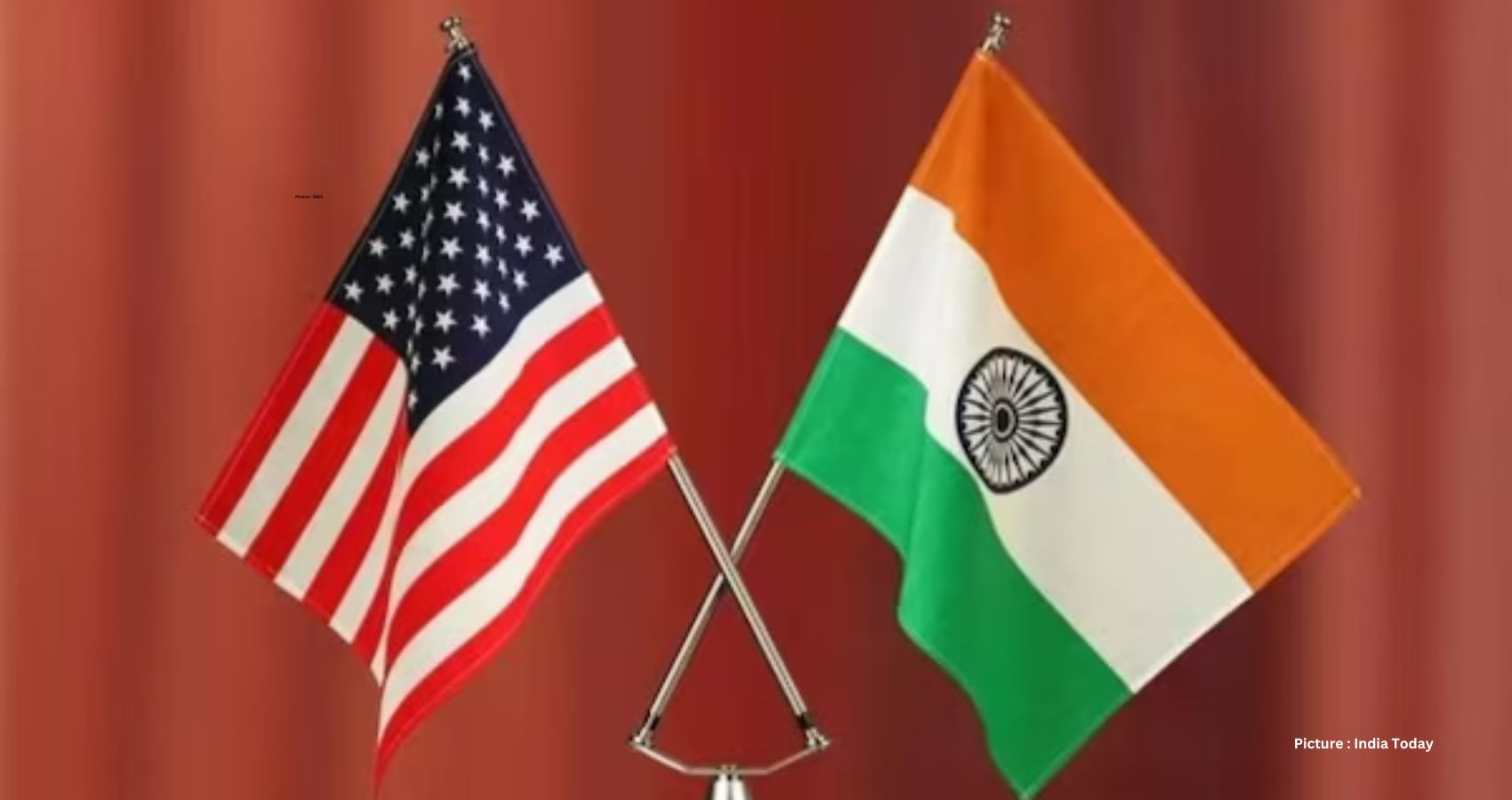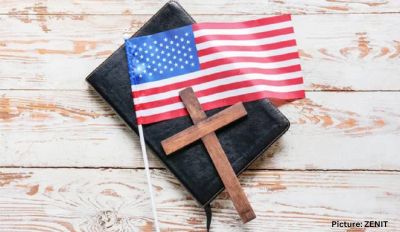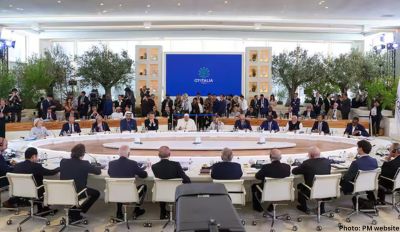The US Commission on International Religious Freedom (USCIRF), an independent federal government commission, has once again urged the Biden administration to categorize India as a “country of particular concern” under the US Religious Freedom Act. This call is based on allegations of India targeting religious minorities beyond its borders. The USCIRF expressed concern over the Indian government’s recent actions, stating that attempts to silence activists, journalists, and lawyers abroad pose a significant threat to religious freedom.
In an official statement, the USCIRF implored the US Department of State to designate India as a Country of Particular Concern, citing India’s systematic, ongoing, and egregious violations of freedom of religion or belief. The commission emphasized the seriousness of the situation and urged decisive action.
USCIRF Commissioner Stephen Schneck raised concerns about the alleged involvement of the Indian government in the killing of Sikh activist Hardeep Singh Nijjar in Canada. Additionally, Schneck highlighted a reported plot to assassinate another Sikh activist, Gurpatwant Singh Pannun, in the United States, deeming these developments “deeply troubling.” Notably, the Indian embassy in Washington did not provide an immediate response to these allegations, and the Indian government consistently denies any discrimination in the Hindu-majority nation.
Federal prosecutors in Manhattan recently disclosed that an Indian national collaborated with an unnamed Indian government employee in a plot to assassinate a New York City resident advocating for a sovereign Sikh state in northern India. However, India’s government has vehemently denied any involvement in this alleged plot. This development adds a layer of complexity to the situation, as it involves sensitive diplomatic considerations between India and the Biden administration, both seeking closer ties in the face of a perceived threat from an ascendant China.
The USCIRF revealed that it has recommended, annually since 2020, that the State Department designate India as a country of particular concern, leveraging the authority granted by the 1998 US Religious Freedom Act. While the act allows for a range of policy responses, including sanctions or waivers, these measures are not automatic and require a deliberate decision-making process.
Commissioner David Curry of the USCIRF emphasized the gravity of India extending domestic repression to target religious minorities residing abroad, deeming it “especially dangerous” and underscoring the need for attention to this issue. The delicate nature of the matter is evident as both India and the Biden administration work to strengthen their ties amid shared concerns about an increasingly influential China perceived as a threat to democratic nations.
In response to the USCIRF’s previous recommendation in 2020, India’s foreign ministry had dismissed it, criticizing the remarks as “biased and tendentious.” This indicates a longstanding divergence in perspectives on the issue, further complicating efforts to address concerns related to religious freedom and human rights.











